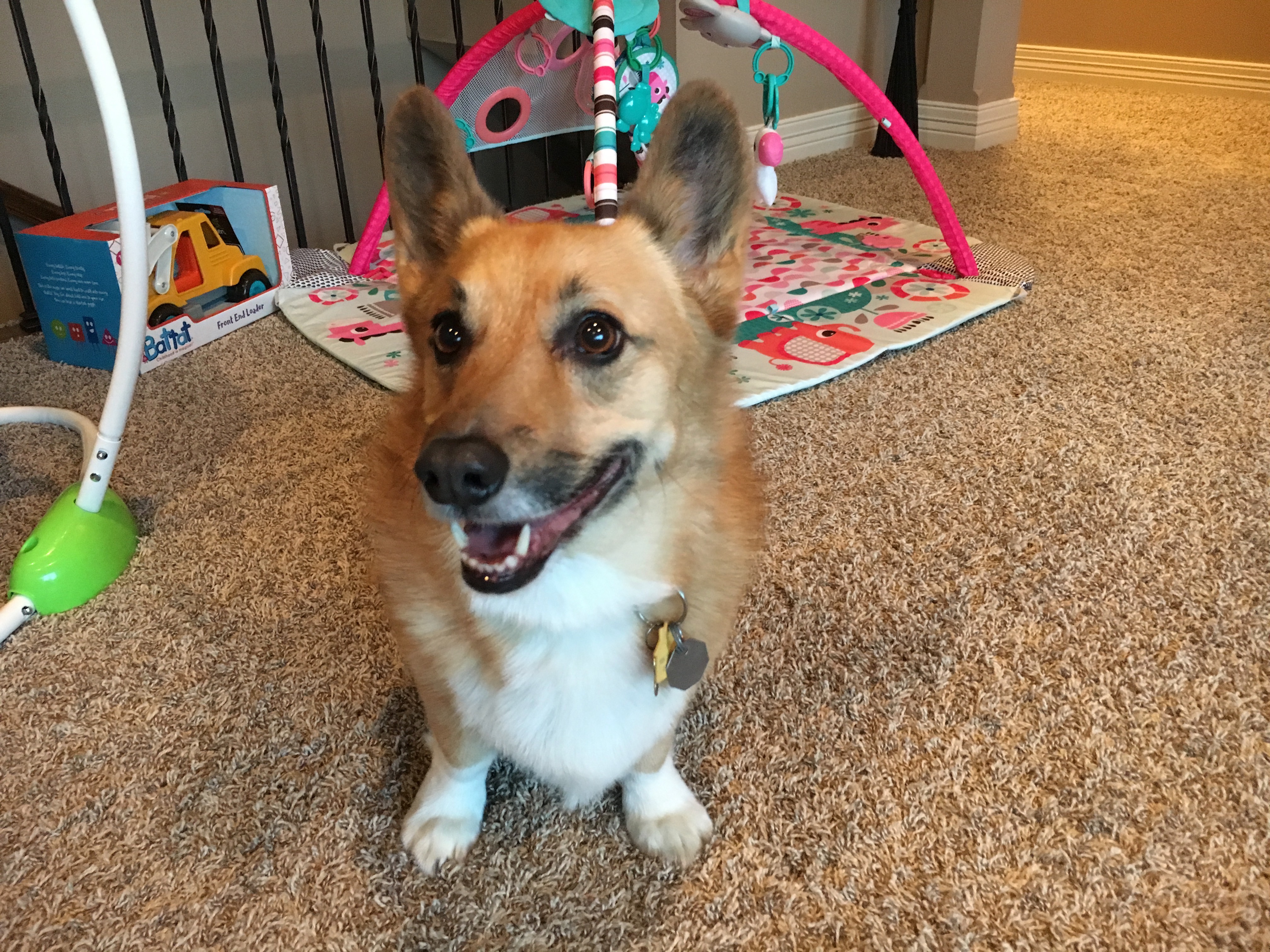Tips to Stop a Dog From Reacting to a Crying Baby
By: David Codr
Published Date: February 1, 2018
For this Omaha dog training session we worked with 6 year-old Pembroke Welsh Corgi Harley; teaching him to stop reacting when the family’s baby cries.
We spent the first part of the session going over the day to day routine. I suggested increasing his daily exercise and Harley is a little heavy. He would benefit from additional exercise physically and psychologically.
I also went over the importance of structure to help the dog see and respect the humans as having the leadership for the group covered. As a dog behavior expert, whenever I have a dog who thinks its ok to guard or protect a baby, I always address what I refer to as the leader follower dynamic.
After suggesting ways to help Harley see the humans as leaders, I showed them how to add a little bit of structure to petting him. Because we pet our dogs so often, asking them to do something to earn this attention can go a long ways towards helping the dog adopt more of a follower mindset.
I also stressed the importance of rewarding Harley when he did desired actions on his own. I noticed he would walk over and sit in front of his humans at times to ask for attention, but this was often ignored. By rewarding him for things like sitting, laying down or coming on his own, he will be more included to repeat these behaviors when requested.
Just as we were finishing up the discussion of positive dog training, the family’s baby started to cry. I quickly handed my camera to one of the guardians so we could shoot a video with tips to stop a dog from acting aggressive to a crying baby.
Stopping a dog from getting upset when a baby cries is not hard when you use the right approach. It just takes practice and a good supply of repetitions for a week or two.
This application of counterconditioning will help Harley build a positive connection to the baby’s crying. With enough practice over the next week or two, Harley will start to associate crying with him receiving attention and treats.
I suggested the family try to record audio of the baby crying as that will allow them to practice on demand which will make it easier to rehabilitate the dog from this problem.
I also showed the family a simple focus exercise. Teaching a dog to focus on command is a great way to redirect a dog’s attention away from something before they can get into trouble or feel the need to react.
To help the family members remember all the positive dog training tips I shared in this at home dog training session, we shot a roadmap to success video that you can check out below.
Categorized in: Dog Behavior


